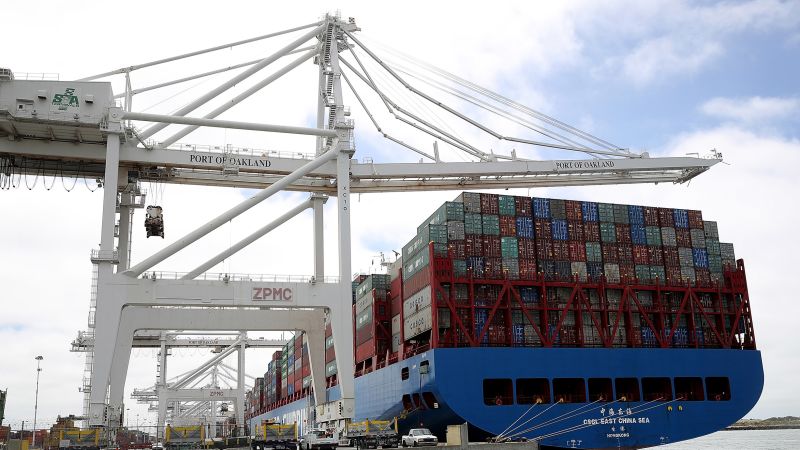The United States has implemented import restrictions on 26 Chinese cotton traders and warehouse facilities to eliminate goods made with forced labor from Uyghur minorities from the US supply chain. This action is part of the Uyghur Forced Labor Prevention Act Entity List which restricts the import of goods linked to what the US government has characterized as an ongoing genocide of minorities in China’s Xinjiang region. US officials believe that labor camps have been established for Uyghurs and other Muslim minority groups in Xinjiang, although Beijing denies these allegations. Many of the cotton companies added to the list are based outside of Xinjiang but source their cotton from the region.
The designations aim to help responsible companies conduct due diligence to keep products of forced labor out of the country, according to Alejandro Mayorkas, Secretary of Homeland Security. A Chinese embassy spokesperson criticized the move, calling the Uyghur Forced Labor Prevention Act an instrument used by a few US politicians to disrupt stability in Xinjiang and contain China’s development. Since the law was passed in 2021, Washington has restricted imports from a total of 65 entities. Representative Chris Smith and Senator Jeff Merkley, chairs of the bipartisan Congressional-Executive Commission on China, support the latest action by DHS to expand the Uyghur Forced Labor Prevention Act’s Entity List, while acknowledging that there are still many more businesses complicit in forced labor that need to be addressed.
The lawmakers are advocating for DHS to blacklist Chinese businesses in various industries, including polysilicon, aluminum, PVC, and rayon, as well as any companies in other parts of Asia that are producing goods for the US market with inputs sourced from Xinjiang. The goal is to further target companies complicit in forced labor practices and ensure that products made with forced labor do not enter the US supply chain. The US government’s actions are part of a broader effort to address human rights abuses in Xinjiang and hold companies accountable for benefiting from forced labor practices in the region. By expanding the list of entities restricted from importing goods to the US, the government is sending a strong message that it will not tolerate the use of forced labor in the supply chain. The criticism from the Chinese embassy underscores the tensions between the US and China over human rights issues and trade practices, as well as the ongoing challenges in enforcing regulations to prevent the import of goods made with forced labor.













